Good morning, it’s Thursday, October 23rd. In today’s news, Canadians are poorer today than they were eight years ago, Federal government admits it has no idea how many illegal immigrants are living in Canada, RCMP controversy exposes how power shields itself in Canada, US sanctions Russian oil giants amid nuclear tensions, and much more.
First time reading the daily blend? Sign up here.
Canadians Are Poorer Today Than They Were Eight Years Ago
Canada’s economic slowdown is no longer theoretical. Growth has slipped to between 1 and 1.8 percent, unemployment now exceeds 7 percent, and among young people, it’s closer to 11 percent. Yet these figures only hint at the deeper weakness. Real GDP per capita, which measures how much each working-age Canadian produces, has been falling since 2022. On that measure, Canadians are poorer today than they were eight years ago.
For much of the early 2000s, the economy was strong. Resource exports, trade integration with the United States, and steady fiscal management helped lift living standards. But that momentum has evaporated. Since the pandemic rebound ended in 2022, both productivity and income growth have reversed. Had Canada maintained its pre-pandemic pace of 2.5 percent annual growth, the average person would now earn roughly $74,000 in real terms rather than $66,000. The difference—an $8,000 gap—marks the wealth Canada has failed to create.
The weakness runs deeper than short-term numbers. Investment has collapsed. Real per capita capital formation is now lower than it was in 2003. This means Canada is spending less on new machinery, infrastructure, and innovation than it did two decades ago. The consequences are visible in public systems that feel worn down: hospitals stretched thin, roads and transit falling behind, and industries struggling to modernize.
Prime Minister Mark Carney has pledged reform through Bill C-5, which would ease trade between provinces and speed up infrastructure approvals. But these efforts come alongside broad tax cuts, new spending, and continued reliance on public debt. Without a clear strategy to revive private-sector investment and productivity, government programs alone cannot restore growth.
This downturn is not the result of bad luck but of political choices. For years, Canada has prioritized redistribution over creation, favouring consumption and regulation over enterprise and investment. The result is an economy that looks busy on paper yet produces less with each passing year.
The trend is unmistakable. Canadians are working harder but getting poorer. Unless the country changes course—by rebuilding its productive base, encouraging business investment, and rewarding growth—today’s stagnation will harden into decline. The time for denial has passed. The only question left is whether Canada still has the will to rebuild its prosperity. Source.
Federal Government Admits It Has No Idea How Many Illegal Immigrants Are Living In Canada
As many of us know, Canada’s immigration system is in chaos, and now the federal government is openly admitting it has no real idea how many illegal immigrants are in the country. Deputy Immigration Minister Harpreet Kochhar confirmed that the department does not track individuals living in Canada without status, relying only on census data for general population counts. Internal briefings suggest there could be as many as 500,000 undocumented individuals in Canada, yet Ottawa continues to operate as if everything is under control.
Meanwhile, the Canada Border Services Agency (CBSA) reports roughly 30,000 people currently awaiting deportation, but its own officials admit they do not track where these individuals are located or whether they have criminal convictions. As one CBSA official noted, for every person removed, new undocumented arrivals are immediately added, leaving the “removal in progress” numbers in constant flux.
Canada’s population has surged from 38 million in July 2020 to approximately 41.7 million today, driven in part by a flood of permanent residents, international students, and temporary foreign workers. Ottawa’s recent measures to slow growth—such as capping new study permits from 485,000 to 437,000 and reducing temporary residents from 6.5% to 5% of the population over three years—are far too little, far too late.
Critics argue the Liberals’ decades-long lax approach has created a border system that is reactive rather than proactive, leaving Canadians in the dark about the scale of undocumented migration and the government’s inability to enforce its own laws. This exposes a fundamental failure: Ottawa talks about sustainability and border protection, yet cannot track its own population or enforce removal orders, leaving the country vulnerable to both policy mismanagement and security risks.
RCMP Controversy Exposes How Power Shields Itself in Canada
Pierre Poilievre’s remarks about the RCMP have set off a familiar storm in Ottawa, not because he crossed a line but because he reminded Canadians that the line exists. When he said the force’s leadership was “despicable” for failing to hold Justin Trudeau accountable, he echoed a frustration that has been building for years. Too often, the powerful walk away untouched while ordinary citizens face the full weight of the law.
The issue is not the rank-and-file officers. It’s the culture of deference at the top. Under former commissioner Brenda Lucki, the RCMP’s handling of political scandals left Canadians wondering whether justice applies equally to everyone. Trudeau was twice found guilty by the Ethics Commissioner of violating conflict-of-interest laws. Yet the RCMP declined to lay charges, claiming it lacked evidence—because the government refused to release cabinet documents that might have supplied it.
Poilievre clarified this week that his criticism was directed at that failure of leadership, not at the thousands of officers who serve across the country. His point was simple: institutions lose public trust when they appear to shield those in power. Canada’s justice system can’t demand respect from citizens if it won’t apply the same standard to its leaders.
The backlash from Liberal and NDP MPs, and even some former Conservatives, shows how deeply this truth unsettles Ottawa. They accuse Poilievre of being reckless, yet none of them confront the substance of what he said. The question isn’t whether his language was sharp—it’s why, after a decade of ethical breaches, no one in authority has faced real consequences.
From the Aga Khan vacation to the SNC-Lavalin affair, each scandal ended the same way: political damage contained, no charges laid, the story buried. The RCMP cited “insufficient evidence” because the government kept crucial documents secret. That is not how a system of justice is meant to work.
Poilievre’s bluntness may offend political decorum, but it speaks to a larger unease. Canadians are tired of watching rules bend for the powerful. His words were not an attack on law enforcement—they were a demand for fairness. Until that demand is met, public faith in our institutions will keep eroding. Source.
US Sanctions Russian Oil Giants Amid Nuclear Tensions
The United States has targeted Russia’s largest oil companies, Rosneft and Lukoil, with new sanctions aimed at cutting off funding for the Kremlin’s military operations. Treasury Secretary Scott Bessent stressed that the US is “prepared to take further action if necessary” and called on Moscow to agree to an immediate cease-fire. President Donald Trump, speaking during a meeting with NATO Secretary-General Mark Rutte, framed the move simply: “I just felt it was time. We’ve waited a long time.”
The decision appears partly in response to Russia’s provocative nuclear forces exercise, ordered by President Vladimir Putin, which involved test launches of intercontinental ballistic missiles such as the Yars, as well as cruise missile drills across land, sea, and air domains. The exercise followed Putin’s announcement of new nuclear weapons developments and coincided with the postponement of a US-Russia summit. These sanctions highlight growing US-Russia tensions, with potential repercussions for global energy markets. More
Democrats Propose ‘ICE Tracker,’ Sparking Safety Fears—Critics Call It Treasonous
Democrats, led by Rep. Robert Garcia, are planning to launch an online “ICE tracker” in Los Angeles that would publicly map and document Immigration and Customs Enforcement operations. Critics, including former AG Pam Bondi, warn the platform could endanger federal agents, fuel harassment or violence, and compromise law enforcement operations, with some calling it tantamount to treason. Garcia argues it’s intended to expose alleged civil rights violations, but the move has coincided with a surge in organized attacks, threats, and even bounties placed on ICE personnel. More
Trump Claims the Right to Decide if He Gets Paid Millions by His Own Administration - President Trump announced he would personally decide whether his federal claims seeking roughly $230 million for past investigations into his conduct should be paid, creating a circular and unprecedented situation where he effectively judges himself. More
Cuba Arrests Chinese Fentanyl Kingpin Who Escaped Custody in Mexico - Zhi Dong Zhang, known by the alias ‘Brother Wang,’ is also wanted by the US and has alleged ties to Mexican drug cartels. More
Israel’s Parliament Advances Bill to Annex Occupied West Bank - The bill passed 25-24, despite opposition from PM Netanyahu, in the first of four votes it will face to become law. More
Dublin Protesters Clash with Police After Migrant Accused of Sexually Assaulting Irish Girl - The migrant accused of attacking a 10-year-old Irish girl reportedly has deportation orders standing against him since last year. More
Meth and Cocaine Worth Nearly $1 Billion Seized from 2 Sailboats in the Arabian Sea - What’s wild is that this haul doesn’t even come close to the $8 billion record seizure back in 2024. More
Nicolas Sarkozy to Have Permanent Police Protection in Prison - French interior minister says the former president will have two officers in nearby cells at all times after beginning a five-year sentence for illegal campaign funding. More
Why Beyond Meat Shares Surged Over 1,000% in Four Days
Beyond Meat’s stock has skyrocketed over 1,000% in just four trading days, briefly climbing above $7 before settling back down around $3.60, despite the company struggling with weak sales and no quarterly profit in more than five years. The surge has been driven largely by meme-stock dynamics: coordinated buying by retail investors on platforms like Reddit, combined with a short squeeze that forced hedge funds betting against the stock to buy shares to cover their positions, further pushing the price up. The rally was amplified when Roundhill Investments added Beyond Meat to its meme stock ETF, triggering automatic institutional purchases.
Analysts warn the frenzy is fuelled by emotion and market mechanics rather than fundamentals, with even positive news like a new Walmart distribution deal insufficient to justify the extreme valuation. This kind of trading exposes retail investors to significant risk, as prices can swing wildly and collapse once the hype fades, illustrating how easily social media-driven speculation can distort stock markets. More
Canadian Crypto Exchange Fined Record $177 Million by FINTRAC - Multiple violations, including transactions linked to child sexual abuse material and attempts to evade sanctions, led to the “unprecedented” fine. More
SpaceX Has Disabled 2,500 Starlink Devices Linked to Myanmar Scam Centers -More
4.4-Million-Year-Old Find Suggests Humans Evolved From African Ape-Like Ancestor
A new study of Ardipithecus ramidus (“Ardi”), a 4.4-million-year-old hominin from Ethiopia, reveals it could both climb like a chimp and walk on the ground in a human-like manner. By analyzing Ardi’s ankle bones, researchers found a combination of traits: an angular tilt matching modern African apes, allowing climbing and plantigrade quadrupedalism, alongside features supporting bipedal push-off. This mosaic anatomy suggests Ardi was a transitional species, blending ape-like and early human characteristics, challenging previous ideas that our ancestors were strictly tree-dwelling and showing that early humans were more chimp- and gorilla-like than once thought. More
Google Quantum Computer Purportedly Outperforms Supercomputers by 13,000 Times - More
Scientists Identify Gene That Could Triple Wheat Yields Without Expanding Farmland - More
Ontario to Review Law Capping Ticket Resale Prices Amid ‘Gouging’ for World Series
Ontario Premier Doug Ford is considering legislation to cap ticket resale prices after World Series tickets for the Toronto Blue Jays sold out within 30 minutes and quickly appeared on resale sites at massive markups. Some Game 7 tickets reached $16,000, while recently released $345 general admission tickets were reselling for around $1,200. Ford criticized Ticketmaster for controlling the market, while opposition parties slammed the government for previously scrapping a 2019 law that would have capped resale prices at 50% above face value. Unfortunately, this still leaves World Series tickets out of reach for many Blue Jays fans this year. More
Maple Leafs and Raptors Shift Schedules to Accommodate Blue Jays-Dodgers World Series - More
Goodell: Bad Bunny’s Super Bowl Halftime Show Not Being Reconsidered - More
New Health Standard Reveals a Shocking Reality: 70% of Americans Now Classified as Obese
Unemployed Man Exploits Food Delivery Platform to Eat 1,000 Free Meals Over Two Years
Bringing Thanksgiving to Thousands: Hudson Valley Food Bank to Give 115,000 Meals in America






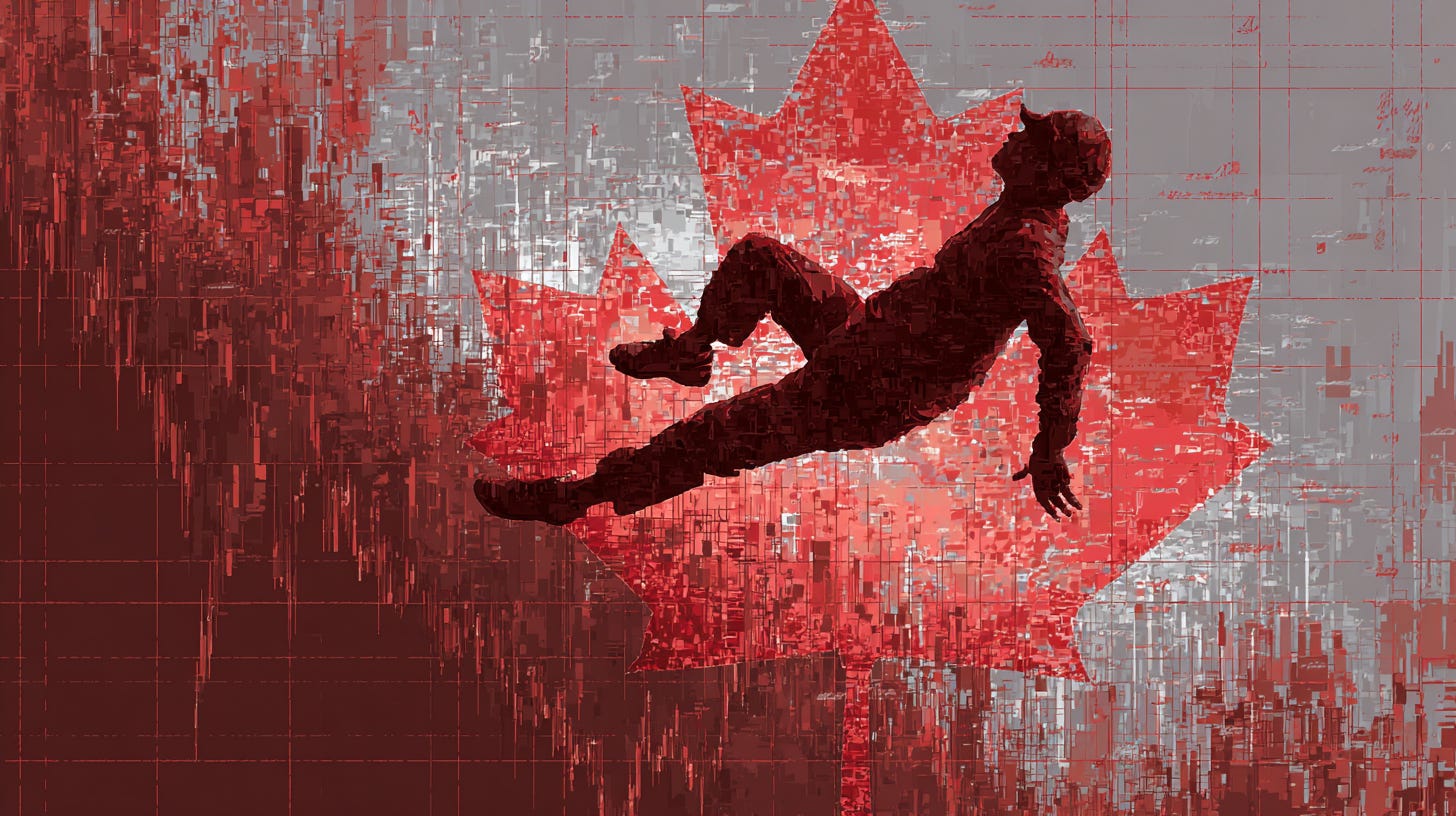
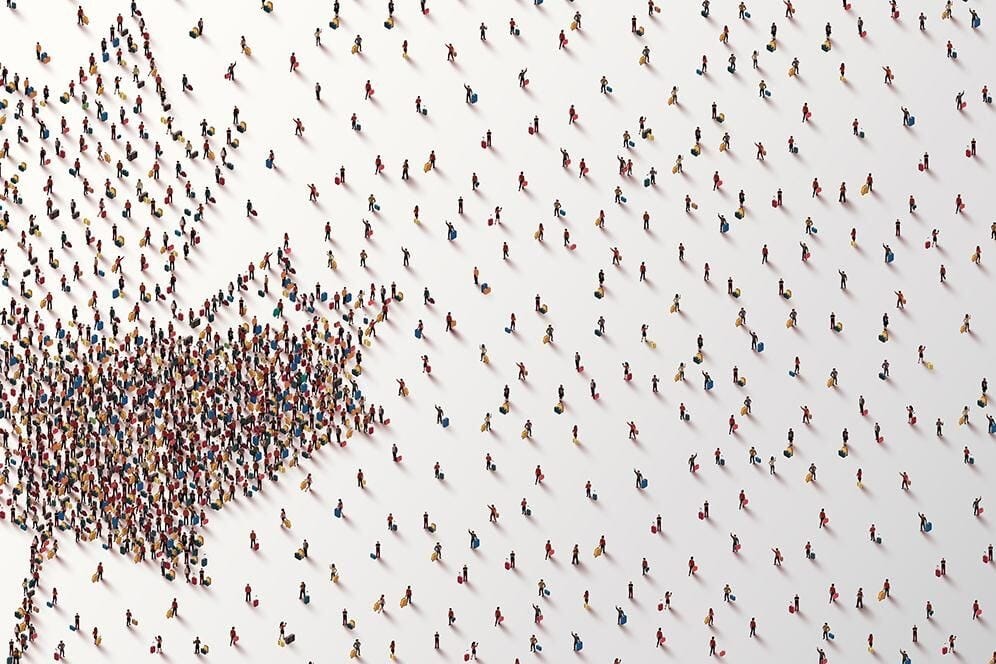
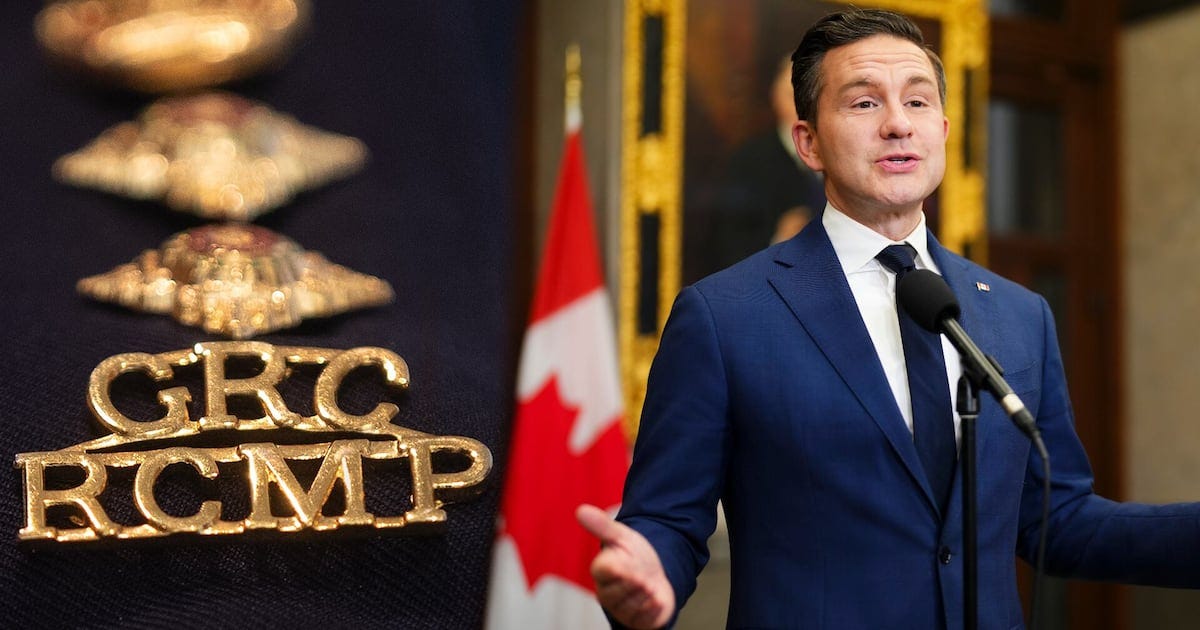


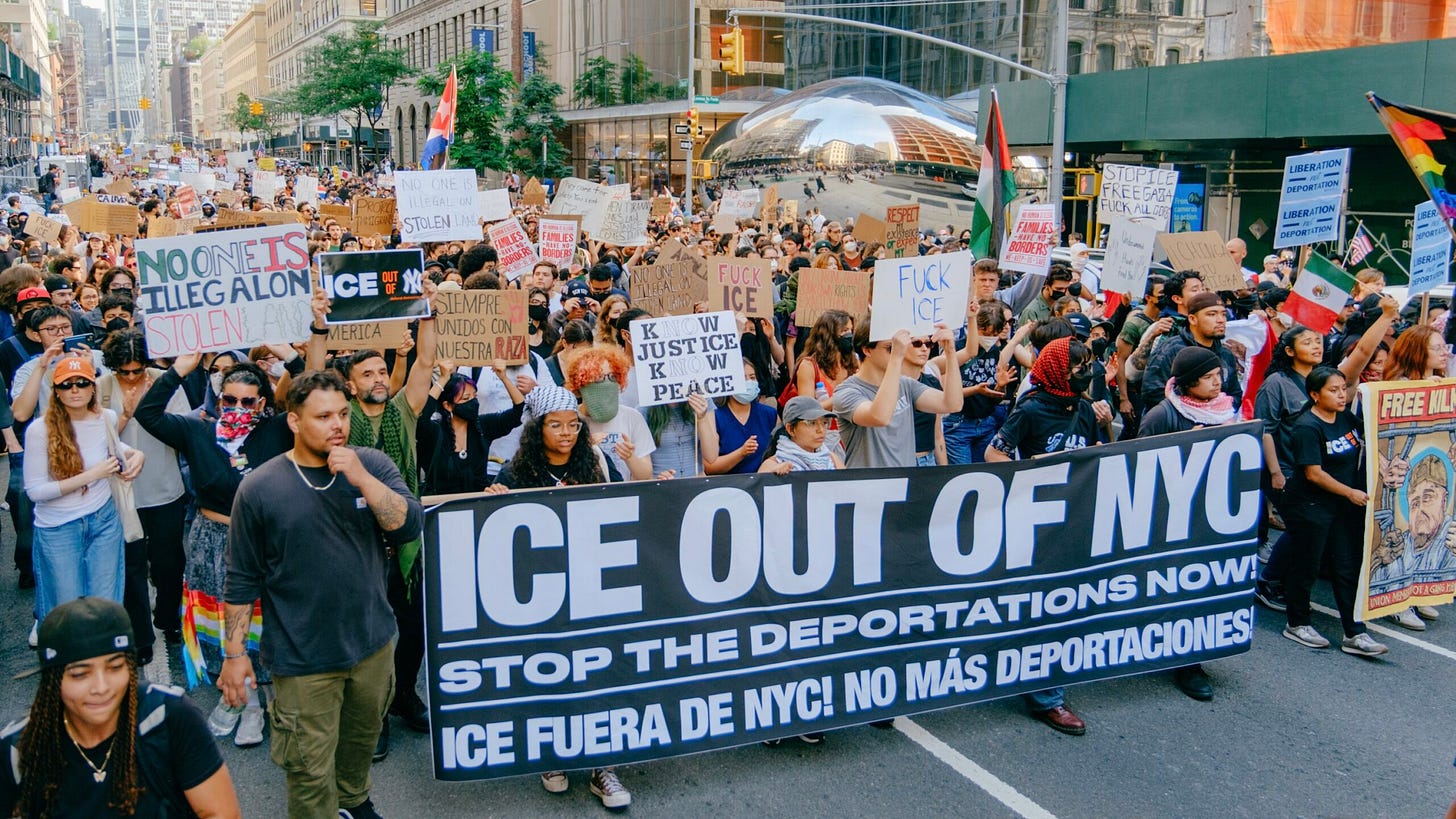

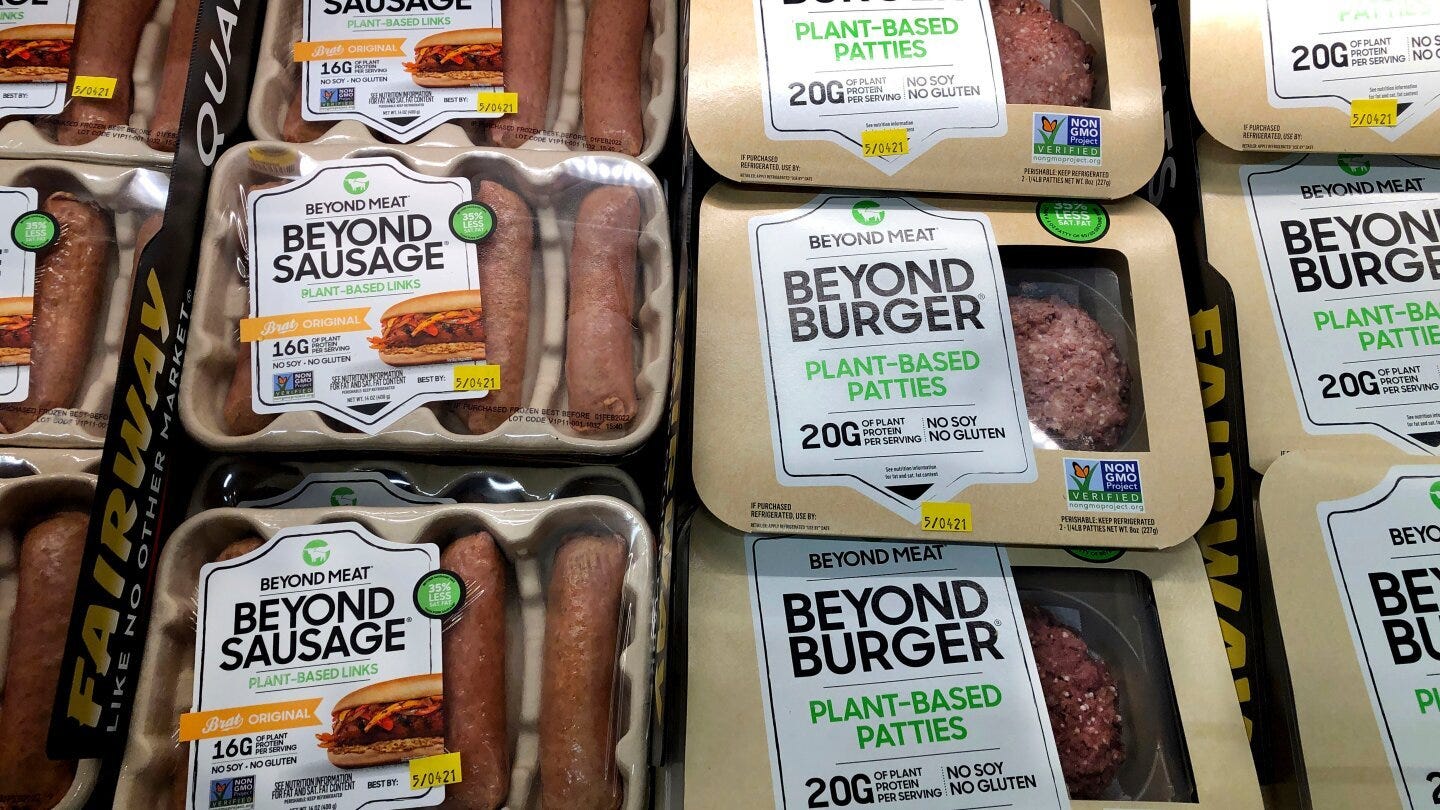

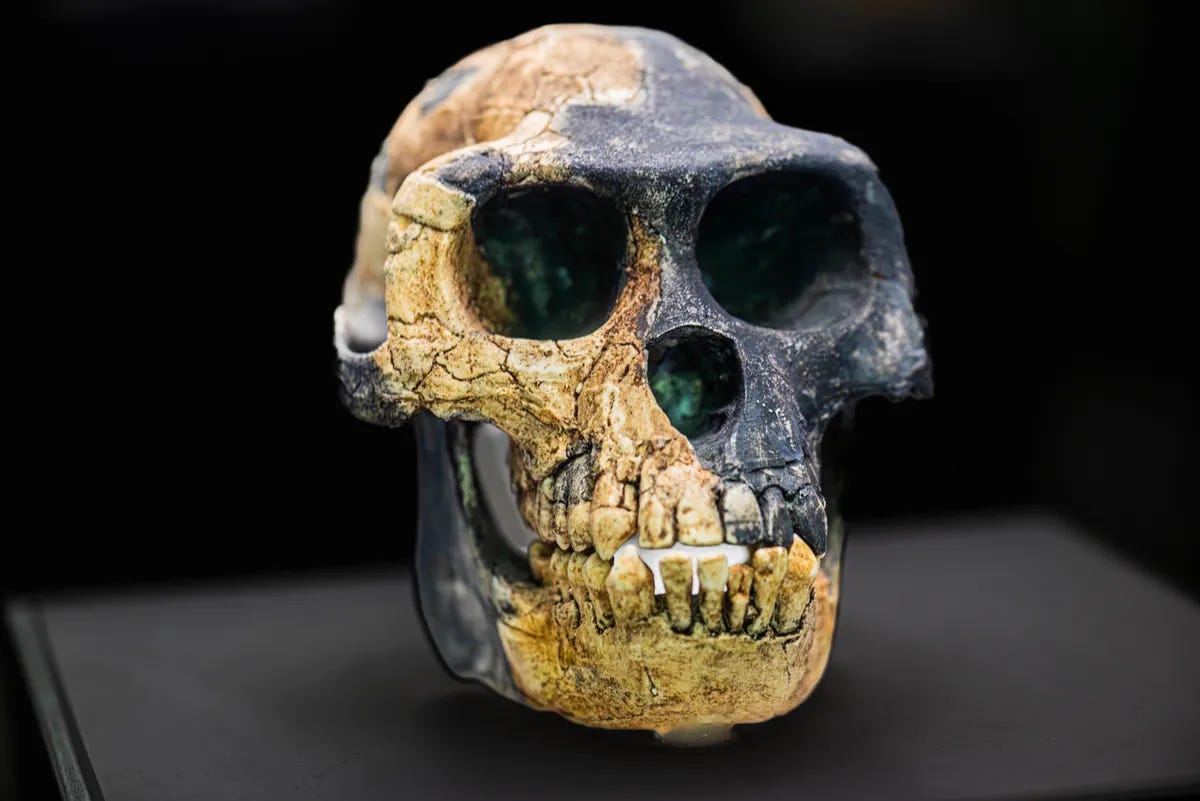



You ever see one single cell organism evolve to even a two cell organism. That's no where. Where's the 33 cell organism on its way to a frog.